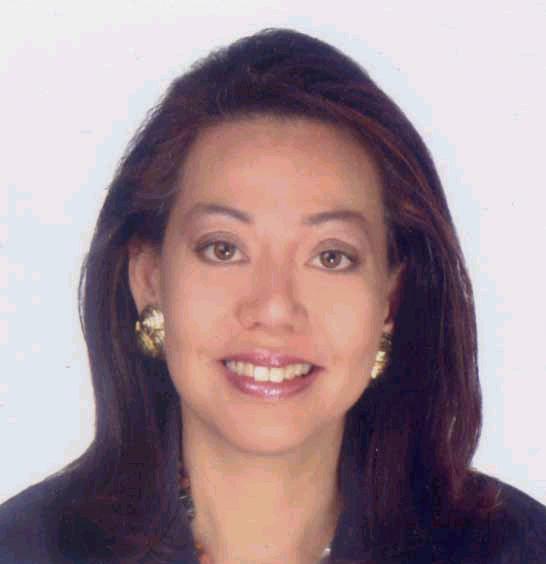It’s the call center era nowadays. We see call centers sprout like mushrooms in our country, and more Filipinos are getting trained or employed as call center agents.
At a time when U.S. companies are increasingly going abroad to source "sophisticated, mission-critical functions" because of a shortage of highly educated professionals in developed countries, the Philippines has become one of the preferred destination for these American companies, according to a study by Duke University, in North Carolina, and the consulting firm Booz Allen Hamilton.
And for good reasons because the Philippines has one of the highest literacy rates in the East Asian and Pacific area, with 92% of the population 10 years of age and older are literate. For these companies seeking to outsource, lower costs, high literacy rate, culture, and employee loyalty are the country's appealing factors.
Filipinos are more attuned to Western culture than most Asians; majority of the population can understand and speak English, thanks to a long history of contact with the
In
The Autonomous Region in Muslim Mindanao (ARMM) is also catching up in the call center boon. There’s a huge labor potential in the ARMM for call center and business outsourcing. This labor force could cater to the
In response to this untapped potential of the Muslims to work as call center agents, a
It started last November 6, 2006 with four (4) weeks focusing on English Language Proficiency lessons and an additional month long training in call center operations where they had hands-on-experience in making and answering calls.
All 51 participants are college graduates; some have a career in teaching and banking already, while others are unemployed. Now that they finished their basic call center training, a new door has opened for them.
The Muslim graduates are now very happy with their achievements ; they will have more access to job opportunities in the business process outsource sector with their newly found skills- English grammar, pronunciation, articulation and diction.
One student expressed that she can now use her speaking skills in dealing with their foreign customers at the bank, although she is open to a career in the call center industry. Another student, currently teaching Arabic studies in Waan, is excited to apply his learnings to his current profession.
Among the major challenges they encountered when the program was just starting was speaking with a neutral accent. They now boast of an improved accent, and higher self confidence in public speaking than when they first started.
This recently concluded training has now disproved the prevailing notion that ARMM workers have low level of skills and are not trainable. Provided with proper access to ICT and the right training, I believe that workers in the region are source of huge economic potentials that remain untapped until now. We want to prove that the ARMM is also a source of highly trainable and world competitive human resources. All we need to do is give the people access to technology and harness their potentials.
Establishing contact centers in Muslim Mindanao will help generate sustainable jobs, reduce unemployment rate, and eventually bring down poverty level in the region where armed conflict has slowed progress in the past.
The ARMM has consistently had the highest rate of poverty incidence in the country, reaching 71.3 in 2000. Although the poverty incidence decreased to 53.1 in 2003 (all regions registered lower rates of poverty incidence during this year), the ARMM remains the poorest region in the country.

No comments:
Post a Comment